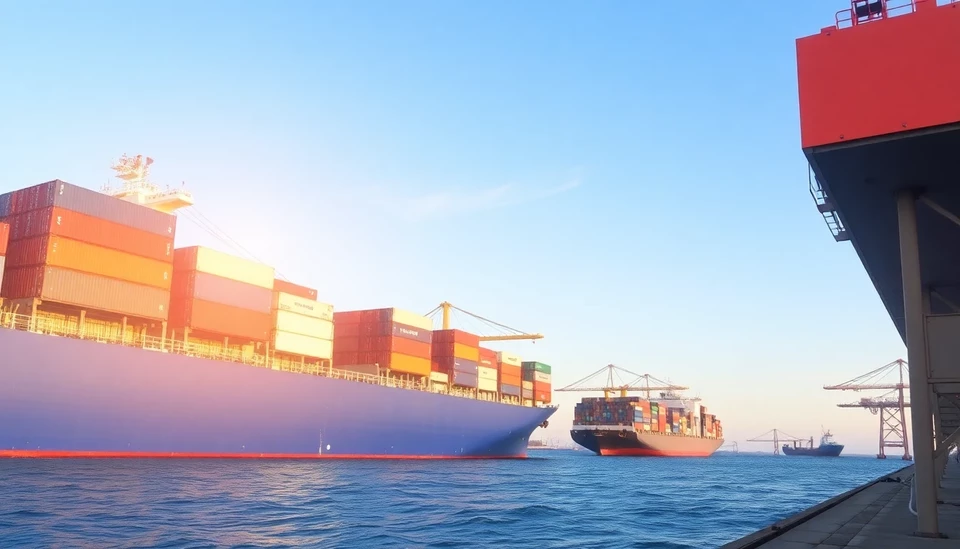
The European Union is on the verge of implementing a significant climate regulation that is anticipated to increase fuel costs for shipping companies. This forthcoming legislation, set to come into force in 2024, is part of the EU's broader strategy to diminish greenhouse gas emissions from various sectors, including maritime transport.
As per projections, the new regulation is likely to add approximately €400 per tonne to the cost of marine fuels, a substantial increase that could resonate throughout the global supply chain. Shipping firms may be forced to transfer these costs onto consumers, ultimately leading to higher prices for goods transported by sea. Analysts are suggesting that this regulatory measure could severely impact operational costs for shipping lines, especially those that are already struggling with increased fuel prices and economic challenges as a result of the ongoing global crises.
Notably, the EU aims to reduce emissions from ships by 40% by 2030 compared to 2008 levels, marking an aggressive approach to combat climate change. This regulatory change is expected to stimulate a significant shift towards cleaner fuel alternatives, pushing shipping providers to adopt eco-friendly technologies more rapidly. Moreover, the regulation represents a vital part of the European Green Deal initiative, which seeks to make Europe the first climate-neutral continent by 2050.
Industry experts have cautioned that while the rules may benefit the environment, they could also exacerbate operational challenges for the shipping industry, which is still recovering from pandemic-related disruptions. The shipping sector has been increasingly vocal about its concerns regarding the financial ramifications of these new regulations, and some companies have argued for a more gradual introduction of such stringent rules to allow them to adapt effectively.
In response to these impending changes, shipping firms are now investigating alternative fuel sources, such as liquefied natural gas (LNG) and hydrogen, to comply with the regulations and reduce their carbon footprint. The shift towards cleaner fuels, while environmentally advantageous, necessitates considerable investments and technology upgrades, further straining already tight budgets.
As the January 2024 deadline approaches, stakeholders within the maritime industry are closely monitoring developments surrounding the EU's climate strategy. Companies are grappling with the operational challenges these regulations pose while seeking ways to innovate and remain competitive in an increasingly eco-conscious marketplace.
The dynamics of shipping fuel costs will not only influence operational budgets but will also tactically shift the entire landscape of global trade. The implications of this regulatory shift are extensive, likely affecting pricing structures across various industries reliant on maritime transport.
As the world takes decisive steps toward addressing climate change, the shipping sector stands at a crossroads of necessity and opportunity. How these companies adapt and respond could very well shape the future of maritime logistics and global shipping norms.
In the coming months, watch for reactions from industry leaders, potential lawsuits against the regulations, and ongoing discussions about the best paths forward that balance environmental responsibility and economic viability. The urgency of addressing climate issues continues to drive policy changes, making it essential for maritime stakeholders to align their business practices with evolving regulatory landscapes.
In conclusion, the imminent EU climate regulation stands as a test for the shipping industry, challenging it to innovate and evolve in an effort to meet both environmental goals and economic realities.
#EUGreenDeal #ShippingIndustry #ClimateChange #FuelCosts #MaritimeTransport #SustainableShipping #EURegulations
Author: Samuel Brooks

